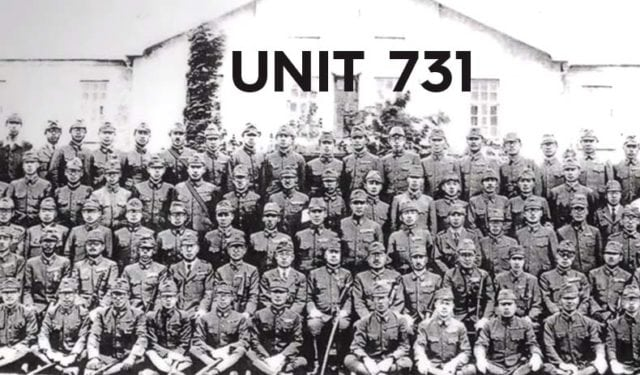Japan's imperialistic past has left a dark legacy of crimes and aggressions against its Asian neighbors, particularly Korea and China. It is crucial to remember these historical facts to ensure that such atrocities are not repeated and to promote peace, understanding, and cooperation among nations. This article provides a detailed overview of Japan's major crimes and aggressions, accompanied by specific examples that illustrate the cruelty of these acts.

Japan's Unit 731 committed the brutal crime of conducting biological experiments on living humans
1. Invasion and Colonial Rule of Korea (1910-1945)
Japan forcibly annexed Korea in 1910 and ruled it as a colony for 35 years. During this period, Japan attempted to eradicate Korean culture, language, and history. For instance, the Name Changing Ordinance forced Koreans to adopt Japanese-style names, and the National Mobilization Law conscripted Koreans into labor and military service. Moreover, Japan forced numerous Korean women into sexual slavery, known as "comfort women," to serve its military personnel. Testimonies of comfort women reveal the horrific experiences they endured.
2. Second Sino-Japanese War (1937-1945)
Japan initiated the Second Sino-Japanese War in 1937, invading China and committing numerous war crimes. The Nanking Massacre is one of the most notorious examples, where the Japanese military murdered hundreds of thousands of Chinese civilians after capturing Nanking.
Photographic evidence and survivor testimonies attest to the brutality of this event. Additionally, Japan conducted gruesome medical experiments on live human subjects, primarily Chinese and Korean prisoners, through Unit 731.
3. World War II and the Pacific Theater (1941-1945)
Japan's expansionist policies led to its involvement in World War II, where it committed further war crimes in the Pacific Theater. The Bataan Death March is a prime example, where thousands of Filipino and American prisoners of war were forced to march long distances under brutal conditions, resulting in numerous deaths. Survivor accounts and photographs document the horrors of this event. Furthermore, Japan established "comfort stations" throughout its occupied territories, forcing women into sexual slavery to serve its military personnel.
4. Denial and Distortion of History
Despite the overwhelming evidence of its past wrongdoings, Japan has often denied or distorted its historical responsibilities. For instance, some Japanese politicians and scholars have denied the existence of comfort women or minimized the scale of the Nanking Massacre. Such behavior has strained its relationships with neighboring countries and hindered the process of reconciliation.
Understanding Japan's past crimes and aggressions is essential for promoting peace, understanding, and cooperation among nations. By acknowledging and learning from these historical facts, we can ensure that such atrocities are not repeated and contribute to a more harmonious world.